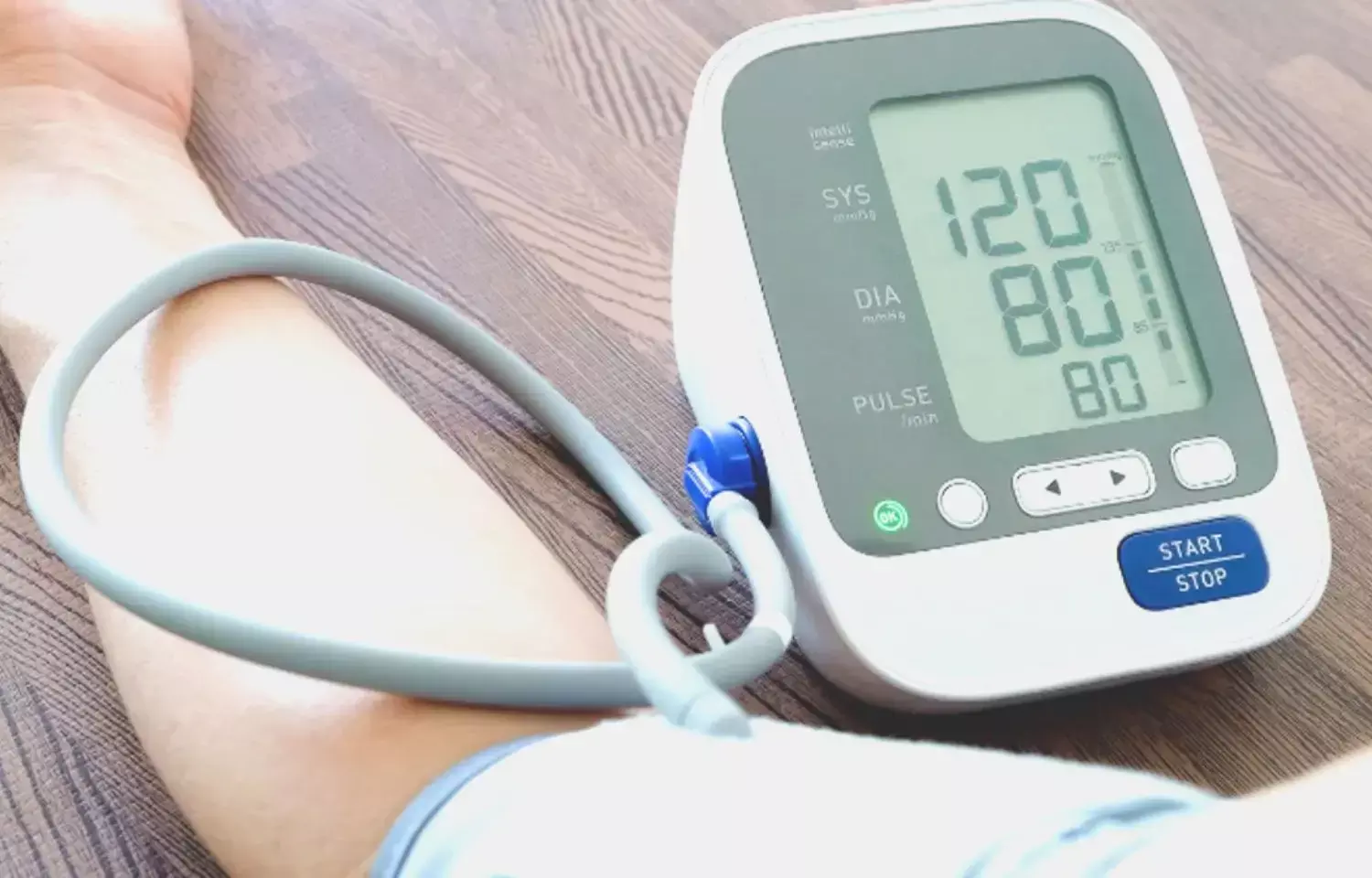- Home
- Medical news & Guidelines
- Anesthesiology
- Cardiology and CTVS
- Critical Care
- Dentistry
- Dermatology
- Diabetes and Endocrinology
- ENT
- Gastroenterology
- Medicine
- Nephrology
- Neurology
- Obstretics-Gynaecology
- Oncology
- Ophthalmology
- Orthopaedics
- Pediatrics-Neonatology
- Psychiatry
- Pulmonology
- Radiology
- Surgery
- Urology
- Laboratory Medicine
- Diet
- Nursing
- Paramedical
- Physiotherapy
- Health news
- Fact Check
- Bone Health Fact Check
- Brain Health Fact Check
- Cancer Related Fact Check
- Child Care Fact Check
- Dental and oral health fact check
- Diabetes and metabolic health fact check
- Diet and Nutrition Fact Check
- Eye and ENT Care Fact Check
- Fitness fact check
- Gut health fact check
- Heart health fact check
- Kidney health fact check
- Medical education fact check
- Men's health fact check
- Respiratory fact check
- Skin and hair care fact check
- Vaccine and Immunization fact check
- Women's health fact check
- AYUSH
- State News
- Andaman and Nicobar Islands
- Andhra Pradesh
- Arunachal Pradesh
- Assam
- Bihar
- Chandigarh
- Chattisgarh
- Dadra and Nagar Haveli
- Daman and Diu
- Delhi
- Goa
- Gujarat
- Haryana
- Himachal Pradesh
- Jammu & Kashmir
- Jharkhand
- Karnataka
- Kerala
- Ladakh
- Lakshadweep
- Madhya Pradesh
- Maharashtra
- Manipur
- Meghalaya
- Mizoram
- Nagaland
- Odisha
- Puducherry
- Punjab
- Rajasthan
- Sikkim
- Tamil Nadu
- Telangana
- Tripura
- Uttar Pradesh
- Uttrakhand
- West Bengal
- Medical Education
- Industry
Long-term systolic BP variability tied to type 2 diabetes incidence: Study

Japan: Long-term variability in systolic blood pressure (SBP) is tied to an increased risk of type 2 diabetes mellitus (T2DM) irrespective of baseline sex, age, lifestyle factors, FBG, and SBP, according to findings from the Aichi Workers' Cohort Study published in Hypertension Research.
Previous studies have shown that short-term variability in blood pressure is linked with T2DM incidence but there is no clarity on the association with long-term blood pressure variability (BPV). Hiroshi Yatsuya, Nagoya University Graduate School of Medicine, Nagoya, Aichi, Japan, and colleagues aimed to examine the associations of long-term BPV and the time trend of blood pressure changes over time with T2DM incidence.
For this purpose, the researchers followed a cohort of 3017 Japanese patients (2446 male, 571 female) aged 36–65 years from 2007 through March 31, 2019. The slope of systolic BP change and the root-mean-square error (RMSE) regressed on year were calculated individually using SBP values obtained from 2003 to baseline (2007).
To estimate hazard ratios (HRs), a multivariable Cox proportional hazard model was applied for tertiles of SBP RMSE and continuous SBP slopes after adjusting for age, sex, smoking status, regular exercise, sodium intake, family history of diabetes, sleep disorder, body mass index (BMI), SBP, and fasting blood glucose (FBG) at baseline, and BMI slope from 2003 to 2007.
The key findings of the study were as follows:
- The highest RMSE tertile compared to the lowest was associated with a significantly higher incidence of T2DM after adjusting for covariates (HR: 1.79).
- The slope was also significantly associated with T2DM incidence until baseline SBP and FBG were adjusted (HR: 1.03).
Based on the findings the researchers conclude, that "long-term SBP variability was significantly associated with an increased incidence of T2DM independent of baseline age, BMI, sex, FBG, SBP, lifestyle factors and BMI slope from 2003 until baseline.
Reference:
Song, Z., He, Y., Chiang, C. et al. Long-term variability and change trend of systolic blood pressure and risk of type 2 diabetes mellitus in middle-aged Japanese individuals: findings of the Aichi Workers' Cohort Study. Hypertens Res (2022). https://doi.org/10.1038/s41440-022-00993-2
Dr Kamal Kant Kohli-MBBS, DTCD- a chest specialist with more than 30 years of practice and a flair for writing clinical articles, Dr Kamal Kant Kohli joined Medical Dialogues as a Chief Editor of Medical News. Besides writing articles, as an editor, he proofreads and verifies all the medical content published on Medical Dialogues including those coming from journals, studies,medical conferences,guidelines etc. Email: drkohli@medicaldialogues.in. Contact no. 011-43720751


